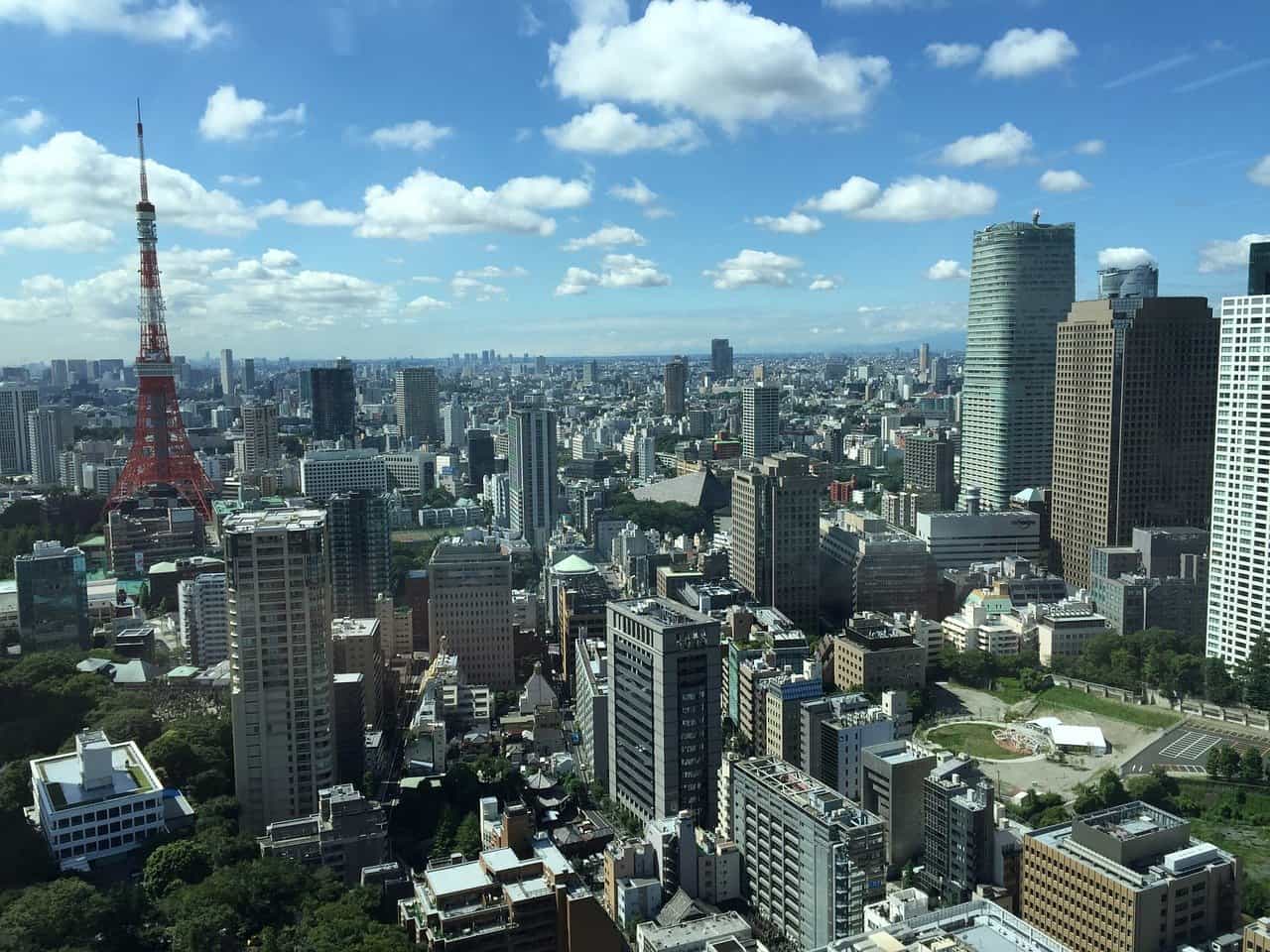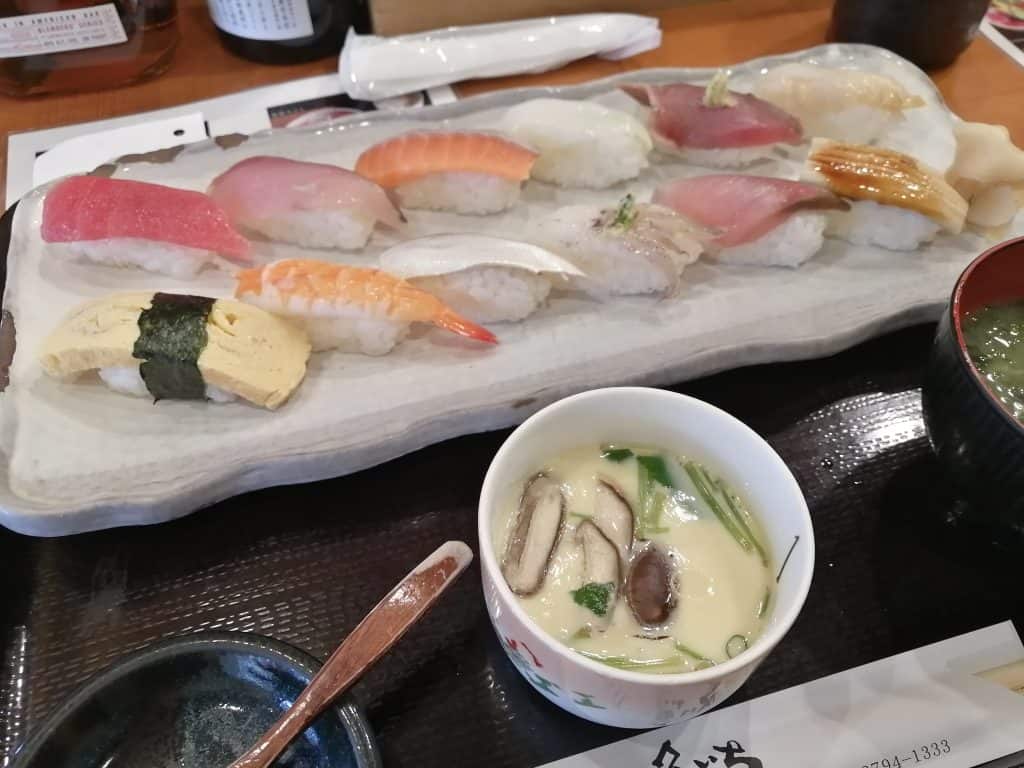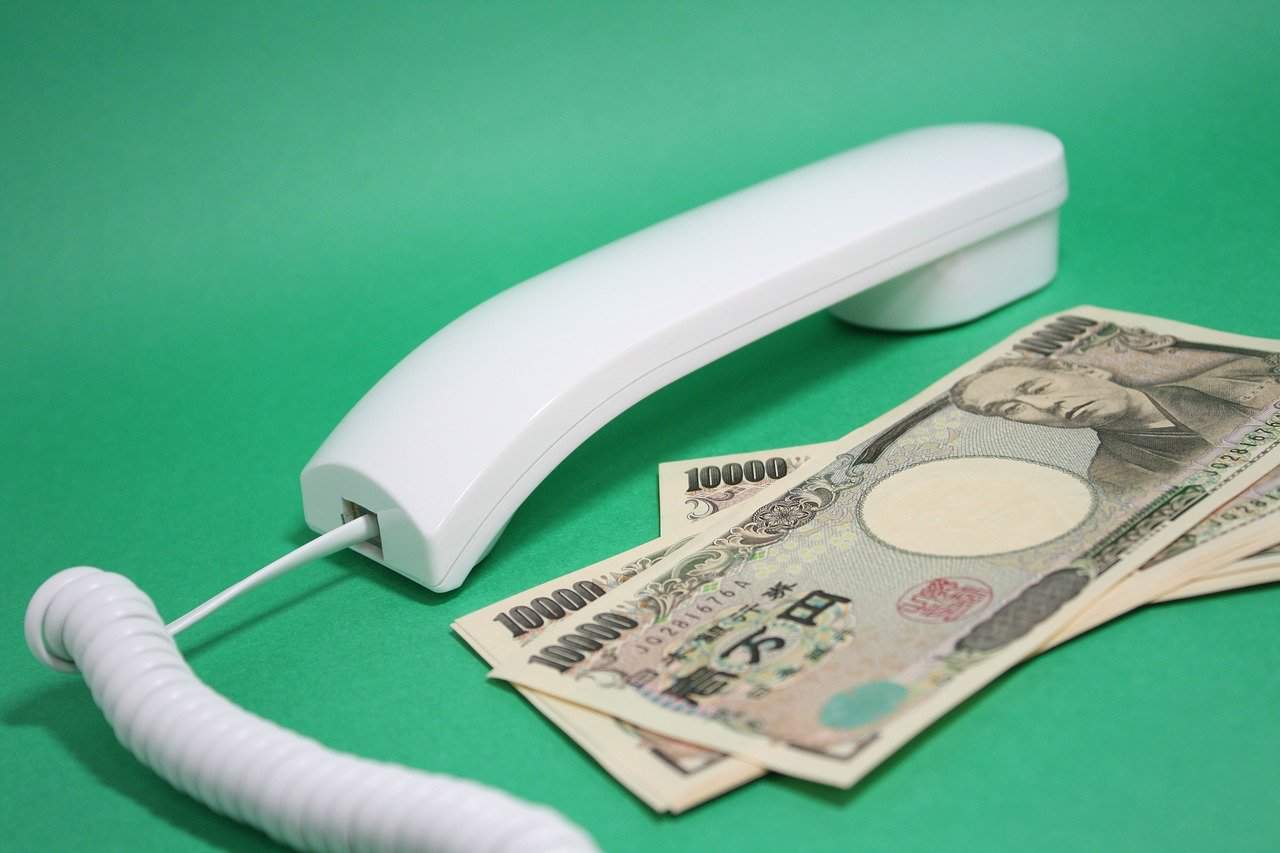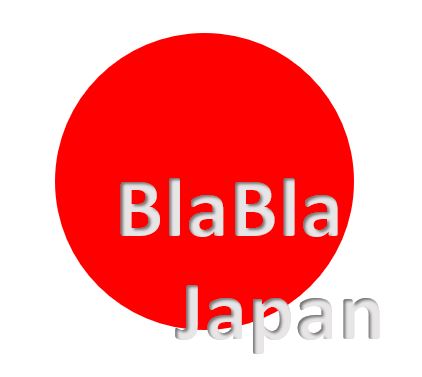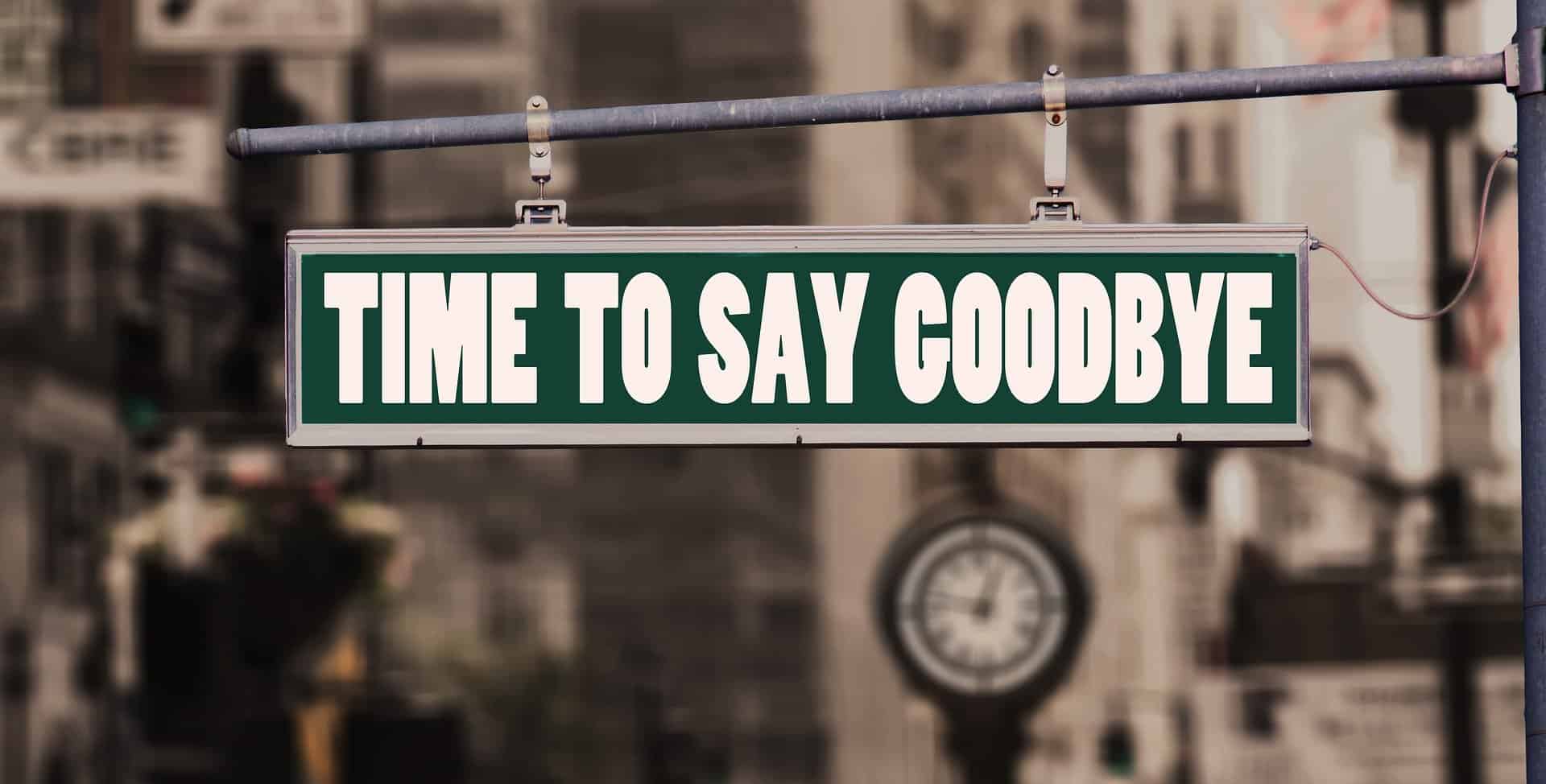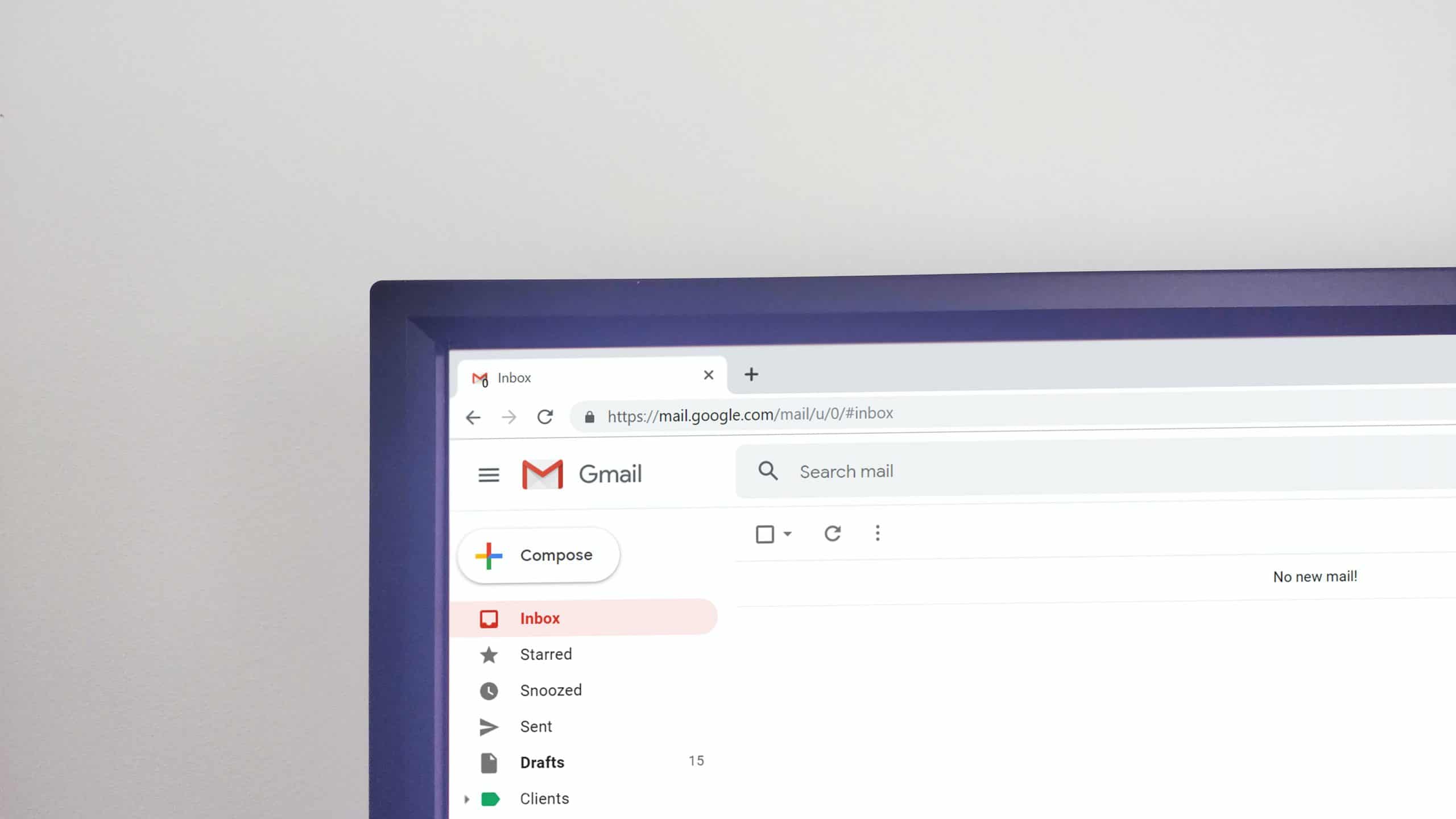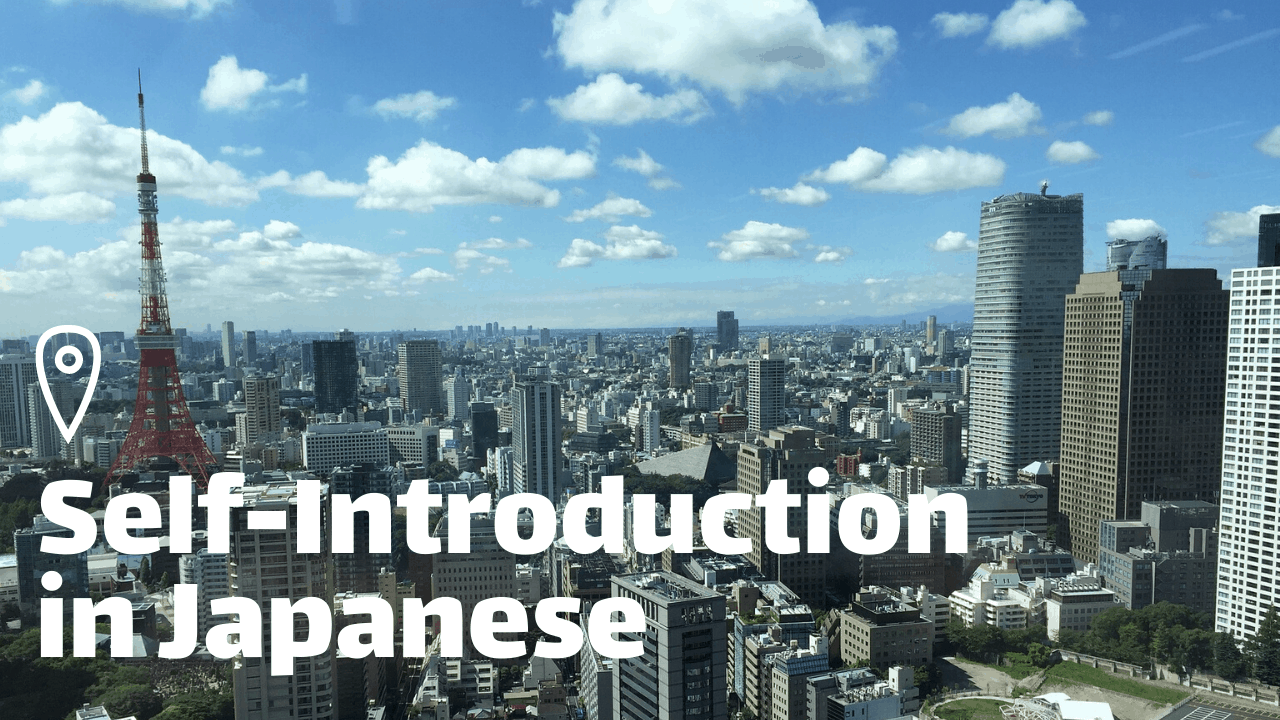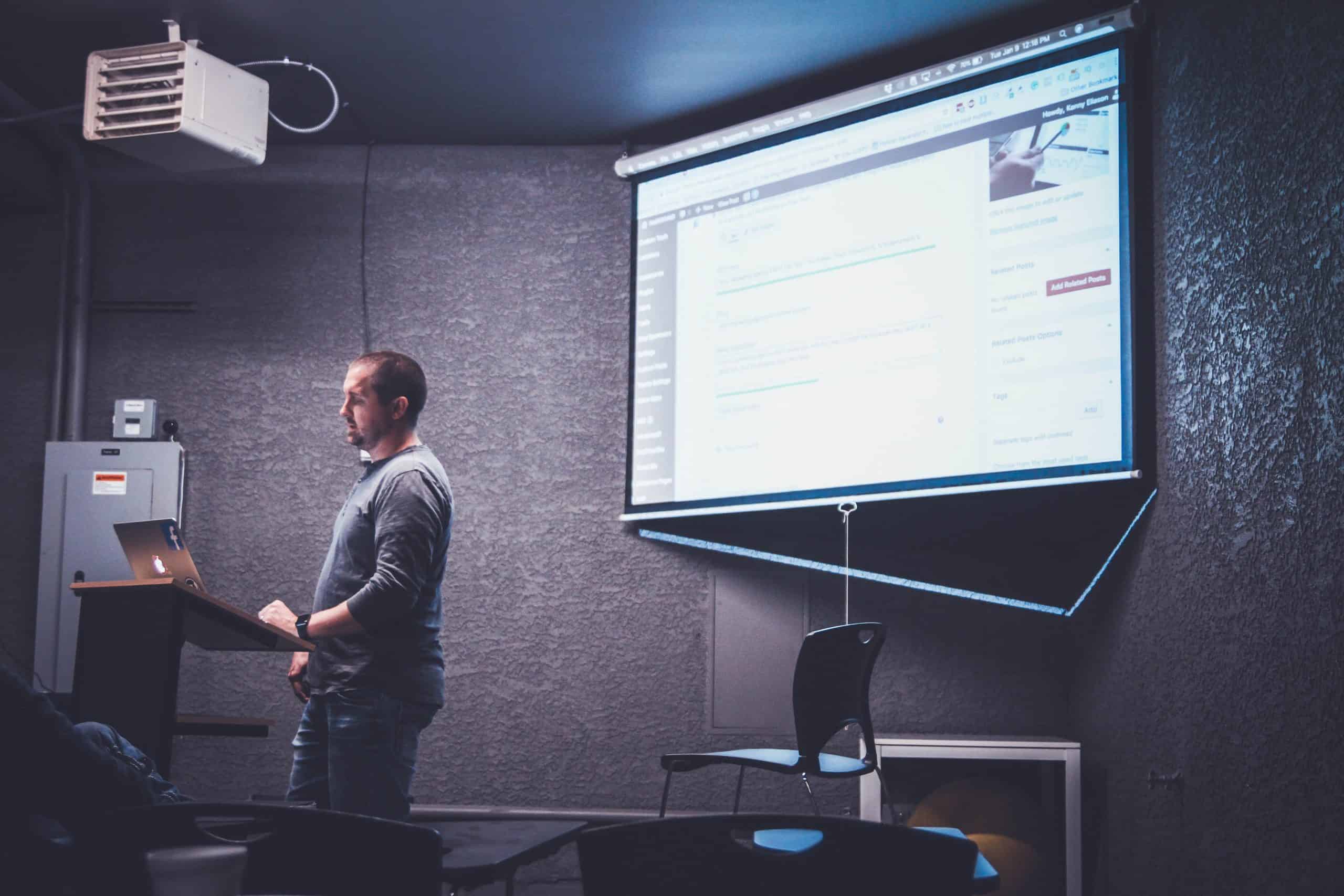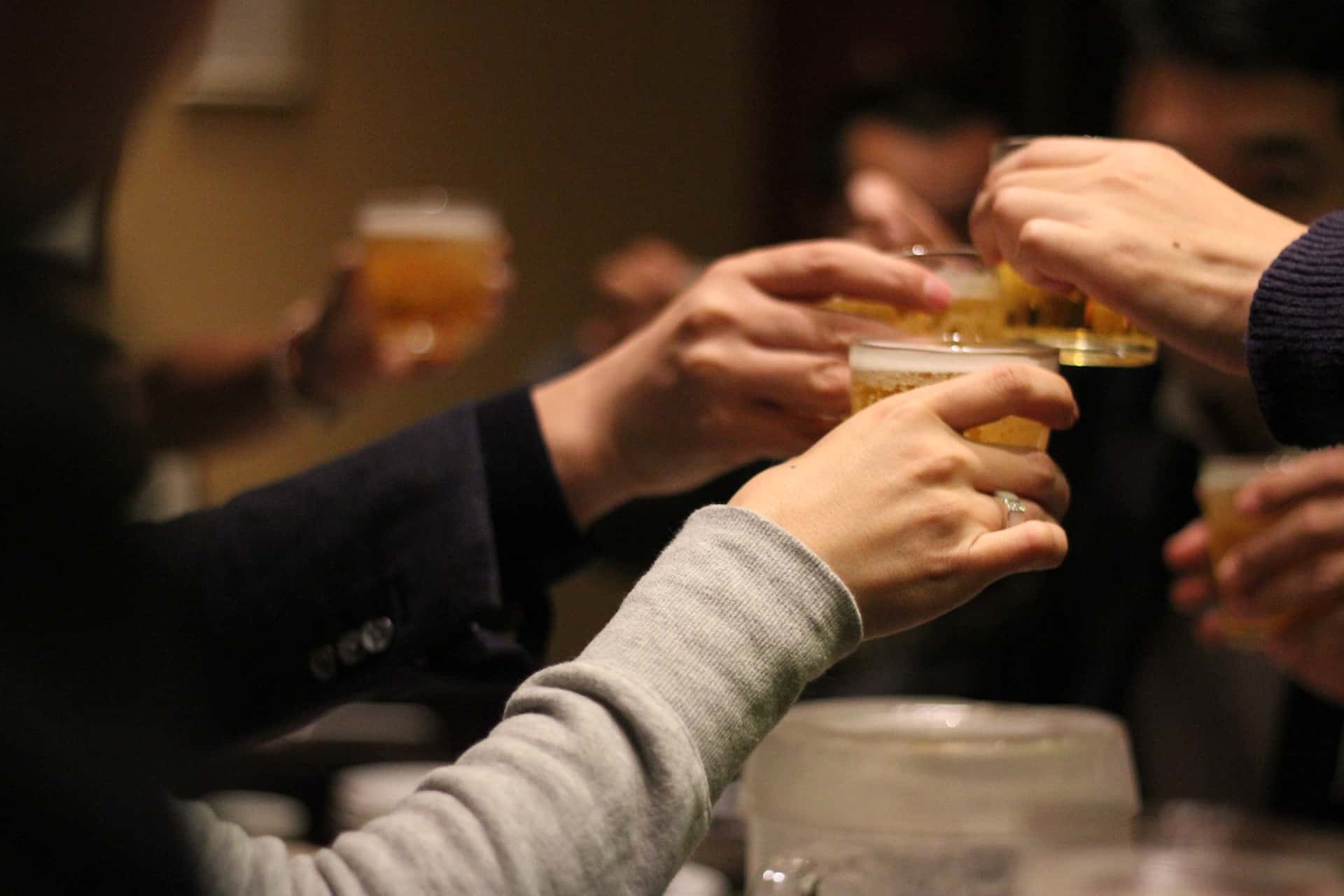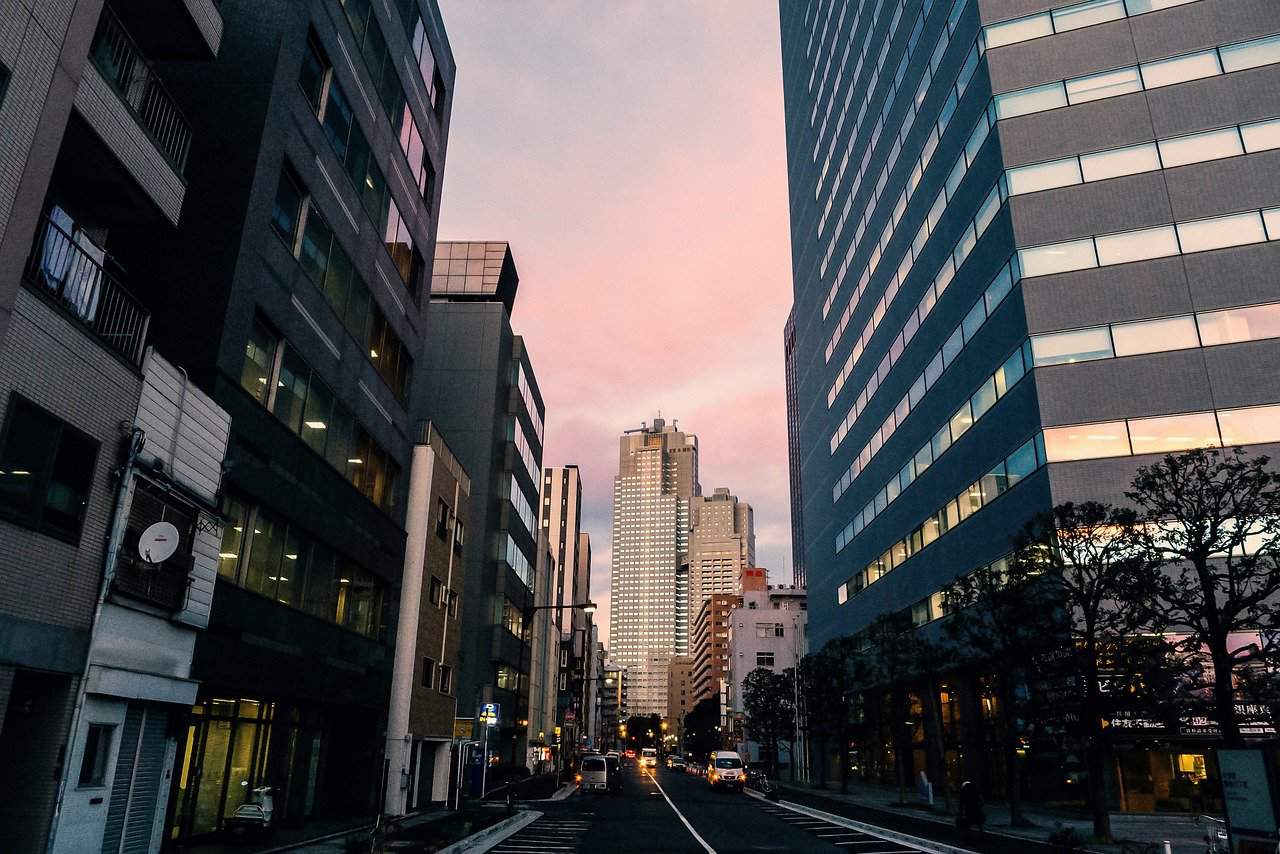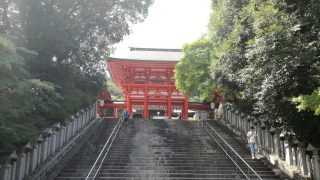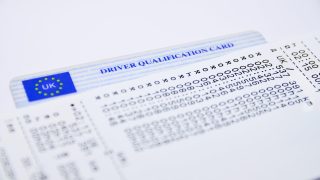In the latest article (Good date/season to call your client), you learned what time of the year you should avoid when contacting your client. This article will focus on what constitutes a good or bad time for a phone call.
Good and bad time to call
Japanese culture is known as “hardworking”. If you look at any Japanese office late at night, you will see many people still working. However, it doesn’t mean that they are going to be reachable, or that you can call them whenever you want. There is an unspoken rule in regards with the “calling time” in Japanese society.
Below you will find the “Good/bad calling timetable” for Japanese company. Bad time means that you should not call your client without any urgent matter. OK means no specific restrictions apply during that period.
| Bad or Good? | Reason | |
| Before 8 AM (or 9AM) | Bad time | Preparation time |
| Immediately after 8 AM (or 9AM) | Bad time | Busy |
| 8:15 (9:15) – 12:00 | OK | – |
| 12:00-13:00 | Bad time | Lunch break |
| 13:00-16:30 | OK | – |
| 16:30-17:00 | Bad time | Busy |
| After 17:00 | Bad time | Off-duty hours |
The following paragraph will cover in detail what the “bad time to call your client” means.
Before the business hours (either 8 or 9 AM)
Usually an average Japanese company starts their business at 8AM or 9AM. Employees prepare before that time, but it doesn’t mean that you should call them before they start their day at the office. It is considered a taboo to call at that time, even though you know that they are already in the office.
Immediately after the start of work
If office starts work at 8 a.m. it doesn’t mean that you can call them at 8:00 or 8:10. You should wait at least until 8:30, ideally until 9:00. Many Japanese companies have a “morning-meeting” between 8:00-8:15. Calling them at that time disturbs their work flow. Also, morning is regarded time to manage the urgent issues, so people will concentrate on them above all.
Lunch Time
It depends on the company, but 12:00-13:00 is considered as a lunch break in Japan. A receptionist may stay in the office, however the number of people will significantly decrease. Nobody is looking forward to a phone call during their lunch break. Answering the phone at that time may cause a great deal of frustration.
Right before the end of work (5PM)
Calling your client right before the end of the day is considered to be a bad timing same as calling them immediately after they start working. Some people want to leave the office punctually, and don’t want to be bothered by additional workload (especially receptionists feel bad if they get call just before finishing their work).
If you think that your business isn’t that urgent or of high priority, it’s better to postpone your phone call and do it next day.
After the end of work
Theoretically an average Japanese company works from 8:00-17:00 (±1Hour), but in real life the employees stay in the office until late in the night meaning also until 10 or 11 p.m. Even if you know they are still at the office, you should not call them after hours so they can return home without receiving additional tasks that would keep them longer at the office.
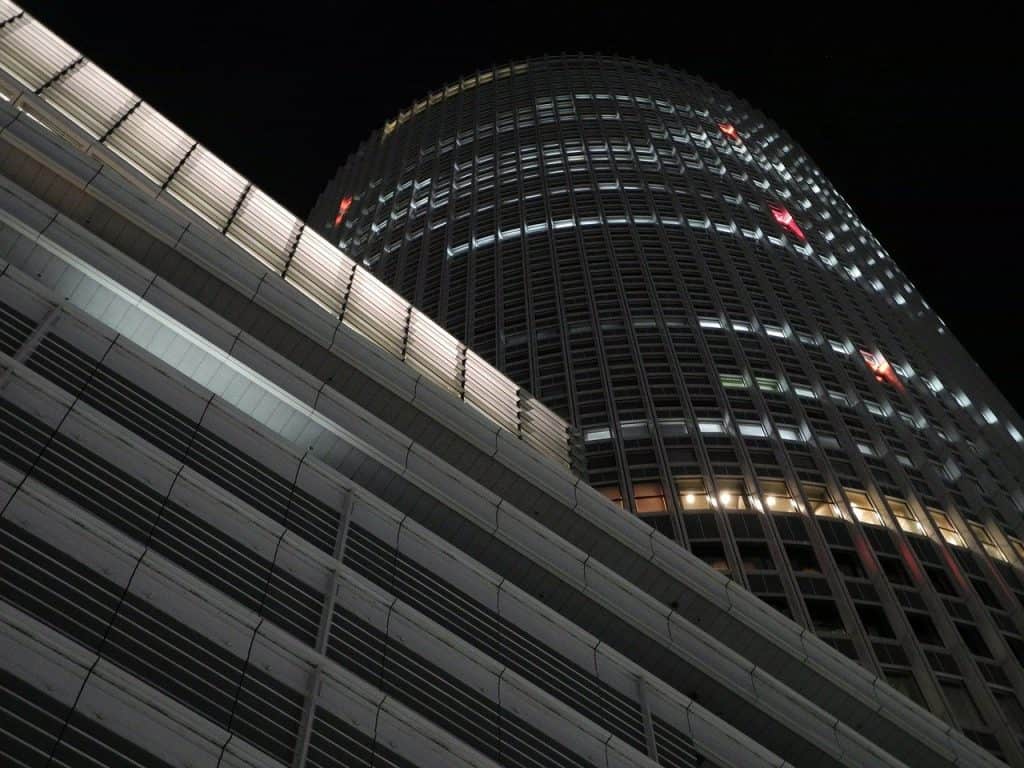 You can see Japanese people work all night
You can see Japanese people work all nightIf you really need to call them, don’t forget to say “やぶんにおそれいりますが (sorry for calling you late at night).
